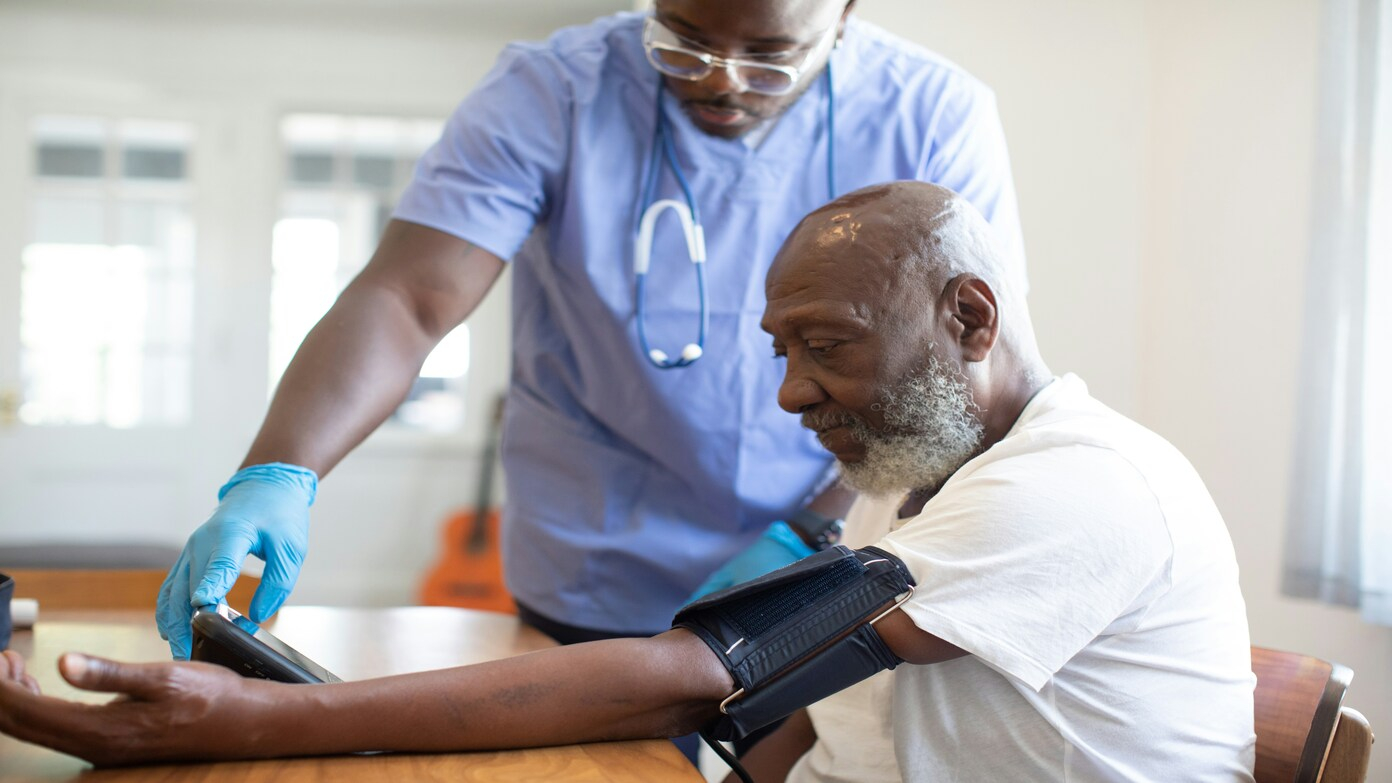Medicare is a federal health insurance program designed primarily for individuals aged 65 and older, though it also covers younger individuals with specific disabilities and medical conditions. It is divided into different parts, each offering unique coverage:
- Part A (Hospital Insurance): covers inpatient hospital stays, nursing facility care, and some home health services.
- Part B (Medical Insurance): Covers outpatient care, preventive services, and medical supplies.
- Part C (Medicare Advantage Plans): Offered by private companies and includes Parts A and B, often with additional benefits.
- Part D (Prescription Drug Coverage): Helps cover the cost of prescription medications.
Although there are some out-of-pocket expenses for Medicare, such as premiums, deductibles, and copayments, there are numerous services free under the program. Not all no-cost services do not always come without limits or are offered in all Medicare Advantage plans, however. Following are 13 free benefits that Medicare offers.
Read now: RFK Jr.’s viral breakdown of Medicare and Medicaid basics during Senate confirmation hearings
Preventive Care and Screenings
- Welcome to medicare check-up Medicare covers a free welcome visit within the first 12 months of enrolling in Part B. This appointment includes a review of medical history, basic vision screening, and a discussion about preventive care. While the visit itself is free, additional tests may incur charges.
- Annual wellness visits Each year, Medicare enrollees are eligible for a free wellness visit to update their personalized health plan. This is not a comprehensive physical exam but focuses on preventive care.
- Seasonal vaccines Medicare covers vaccines for flu, shingles, COVID-19, RSV, and Hepatitis B at no cost. Those enrolled in Part D or Medicare Advantage with drug coverage benefit most from this provision.
- Alcohol counseling Enrollees can receive one free screening for alcohol misuse per year. If at risk, they qualify for up to four counseling sessions with a healthcare provider.
- Opioid use disorder treatment Medicare covers opioid recovery treatments, including assessments, therapy, and overdose prevention training. While the treatment is free at an enrolled opioid treatment program, medications may still require a deductible under Part B.
- Colorectal cancer screenings Early detection of colorectal cancer saves lives. Medicare provides free screenings, including:
- Annual fecal occult blood tests starting at age 45
- Flexible sigmoidoscopies every 48 months
- Stool DNA tests every three years for eligible individuals
- Colonoscopies every 10 years (or every two years for high-risk individuals)
- Depression screenings One free depression screening is available annually in a primary care setting. If follow-up care is required, additional costs under Part B may apply.
- Annual mammograms Women over 40 receive one free screening mammogram per year. If further tests such as a diagnostic mammogram or ultrasound are required, costs may apply.
- Diabetes screenings Medicare Part B covers up to two free diabetes screenings per year for individuals at risk, based on factors such as obesity, high blood pressure, or a family history of diabetes.
Read now: Will I still get Medicaid and Medicare coverage or are affected Trump’s federal funding freeze?
Additional free health services
- Lung cancer screenings Individuals aged 50 to 77 who are current or former smokers (within the last 15 years) qualify for an annual low-dose CT scan to detect lung cancer early.
- Prostate cancer screenings Men over 50 receive a free annual prostate-specific antigen (PSA) test. A digital rectal exam may also be covered under certain circumstances.
- Nutrition counseling Medicare covers dietary consultations for those with diabetes, kidney disease, or recent kidney transplants to help manage their condition effectively.
- Bone density tests To help diagnose osteoporosis, Medicare covers bone density scans every two years for at-risk individuals, such as postmenopausal women and those on long-term steroid treatments.
What medicare doesn’t cover
Although Medicare covers many health services, some essential healthcare needs are excluded. These include:
- Routine dental care
- Eye exams and prescription glasses
- Hearing aids
- Chiropractic services beyond spinal manipulation
- Cosmetic surgery
- Massage therapy
- Routine podiatry care
- Medical care outside the U.S.
- Long-term custodial care
